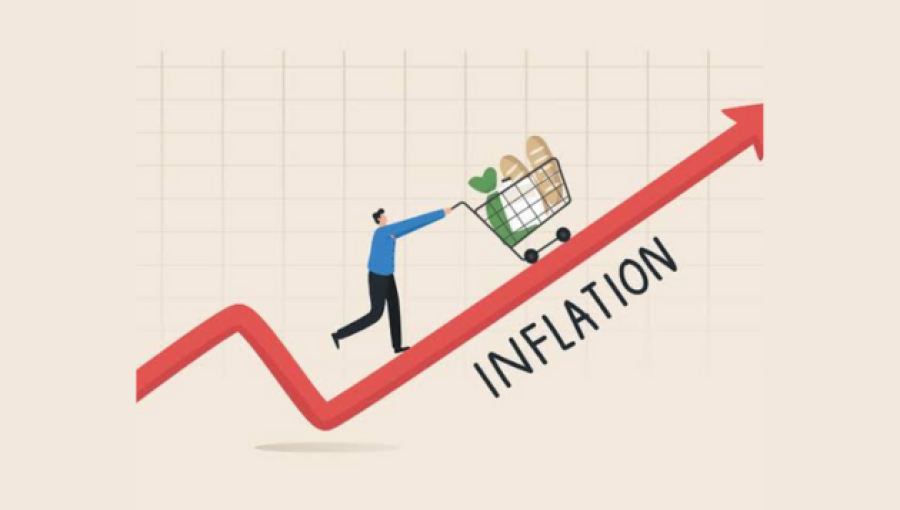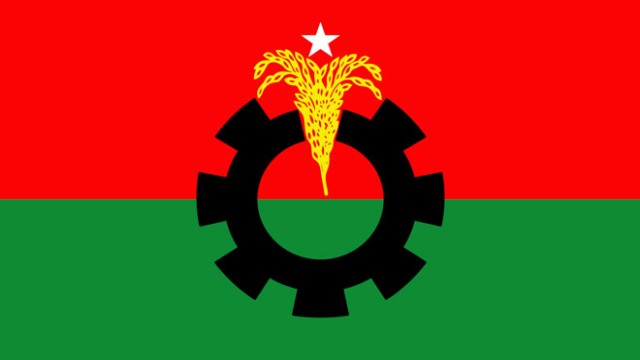New Zealand's economy has emerged from recession, with official data released Thursday showing modest growth. Despite this positive development, Finance Minister Nicola Willis cautioned that high inflation remains a significant challenge.
According to StatsNZ, the country's economic output increased by 0.2 percent between January and March of this year, surpassing expert predictions after a challenging period marked by economic contraction in four of the past five quarters. By standard definition, a recession is two consecutive quarters of negative growth.
Minister Willis acknowledged the growth as a hopeful sign but emphasized ongoing struggles with rampant inflation and the cost-of-living crisis. "New Zealanders are feeling the long shadow of a prolonged period of high inflation, with high interest rates contributing to a deeper and more persistent downturn than previously forecast," she stated.
Once heralded as a "rock-star economy" for its resilience during financial crises, New Zealand has faced significant setbacks in its agriculture and tourism sectors. Natural disasters have severely impacted farming areas, and global supply chain disruptions have particularly strained the isolated island nation. Additionally, tourist numbers have not rebounded to pre-Covid pandemic levels.
In response to the economic challenges, New Zealand's centre-right government introduced a tax-cutting budget last month. To finance these cuts, Prime Minister Christopher Luxon announced plans to reduce government spending, which has already resulted in substantial public sector job losses.






























Comment: